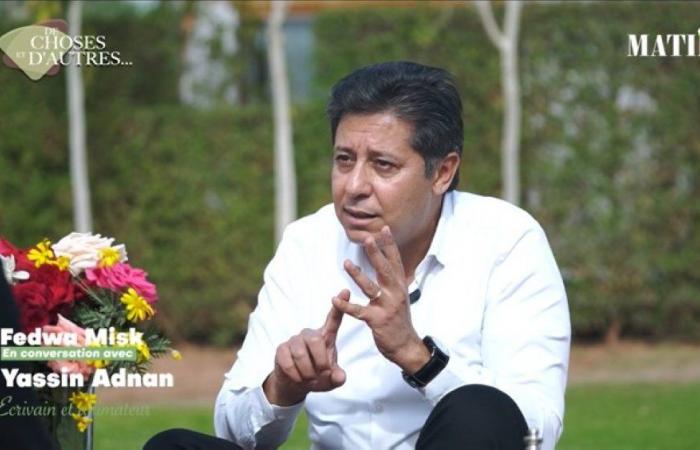Persistent orientalism
The problem is that the phenomenon has lost the depth it once had. “In the past, Orientalists were scholars, passionate philologists who went so far as to devote a lifetime to the study of Arab culture, sometimes even just one aspect of it. And so even with all the prejudices it may have contained, their work had an intellectual rigor that one cannot honestly deny,” explains Adnane. And added: “Today, any graduate with a master's degree in Oriental studies, sometimes without even mastering the Arabic language, will run to present themselves as an expert on TV sets and to the ministries of Foreign Affairs, thus amplifying reductive and erroneous visions. We have therefore moved from the era of scientists to the era of experts.
In orientalismit is difficult to separate science and ideology. To illustrate this alliance, Yassin Adnane evokes the example of Bernard Lewisa recognized intellectual and specialist in the Arab world, but who used his knowledge in the service of political causes, notably Zionism. “It should be known that the writings of this intellectual particularly influenced public opinion and the ruling class, justifying imperialist policies which continue to this day,” underlines Yassin Adnane. This instrumentalization of the intellect for the benefit of ideological visions clearly shows to what extent orientalism can be a tool of manipulation.
Among the other unfortunate consequences of Orientalism is the internalization of these stereotypes by “Orientals” themselves. This unfortunate process “pushes the subject to see himself through the gaze that the other casts on him, leading to a form of self-deprecation. This distortion of self-image is omnipresent, not only in scientific and artistic fieldsbut also in political spheres,” the writer tells us, explaining this tendency among elites who sometimes feel obliged to play the role of “good students», facing a West that they consider superior.
Our local intellectual
If it is crucial, today, to study orientalism in order to deconstruct the inherited stereotypes of the past, it is urgent to stop the impact of such clichés on overall perceptions and create a narrative emanating from the Arab intellectuals. This would also make it possible to produce a rational criticism of the West and its own cultural and ideological paradoxes. “The Palestinian cause has highlighted a failure of these values of enlightenment, advocated by the great European philosophers,” cites the writer as an example.
For , the task is just as complex. It is up to him to work on orientalism with depth and discernment, to rewrite the history of Morocco “from its own specificity, taking into account its needs and its challenges,” explains Adnane. This means that he must not only deconstruct the images conveyed through orientalism, but also to develop an authentic narrative, rooted in the social, political and cultural realities of the country, far from the simplifications imposed from outside. This is how Morocco can truly reclaim its history and its place in the world, far from the shadows cast by orientalism.






